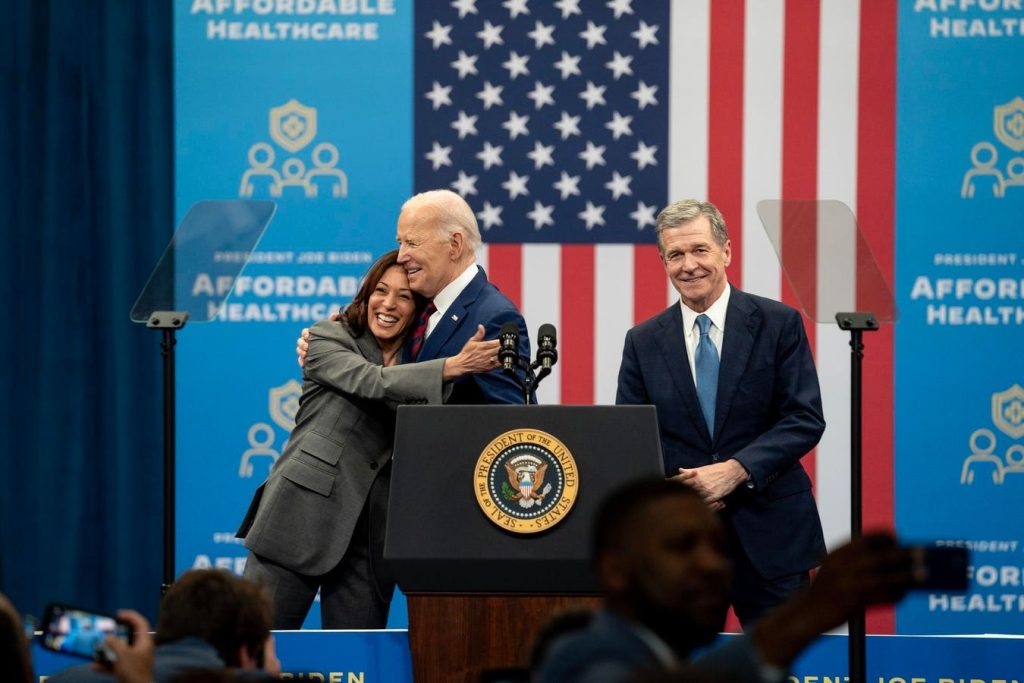Governor Roy Cooper of North Carolina has been vocal in his opposition to a bill that seeks to expand funding for the state’s Opportunity Scholarship program, which provides families with up to $7,500 per year to send their children to private schools. The bill, passed by the Senate and awaiting consideration in the House, makes eligibility for the school choice program universal by removing income restrictions, something Cooper and legislative Democrats strongly oppose. Despite high demand from parents, they argue that taxpayer money should not be used to fund private school vouchers.
Governor Cooper has criticized the expansion of the school choice program, claiming that it takes money away from public schools and benefits the wealthy. He argues that the state should instead allocate funds towards increasing teacher salaries. Cooper believes that providing state aid to upper-income families through education vouchers, even with reduced value, is unnecessary. He questions why these families should receive financial assistance for private school tuition when they can afford to send their children to public schools that cost significantly more.
Although the North Carolina school choice program is means-tested, Governor Cooper contends that it should not be available to all families, especially those who don’t need the financial assistance. He questions the logic behind allowing upper-income families to benefit from public education while objecting to them receiving reduced-value vouchers. Economist Vance Ginn highlights the disparity in taxpayer spending on public school students versus the value of education vouchers, questioning the governor’s stance on the issue.
While Governor Cooper opposes expanding school choice in North Carolina, he supports President Biden’s student debt relief initiative, which benefits high-income filers. At the same time, Democrats in Pennsylvania are voicing support for education vouchers, with Senator Tony Williams advocating for funding for schools in low-income areas. Governor Josh Shapiro, unlike Governor Cooper, is not hostile to school choice and education vouchers. It is expected that the North Carolina House will pass the bill to increase funding for opportunity scholarships, despite Cooper’s opposition.
Despite his opposition to the expanded funding for school choice, which is expected to be enacted due to Republican supermajorities in the North Carolina General Assembly, Governor Cooper may need to find a different justification for his stance. Critics argue that his continued support for Biden’s college debt transfer initiative, which benefits objectively well-off individuals, undermines his position on education vouchers. As the debate over school choice continues, it is evident that the issue of taxpayer-funded aid for education remains a contentious topic in both North Carolina and across the country.












